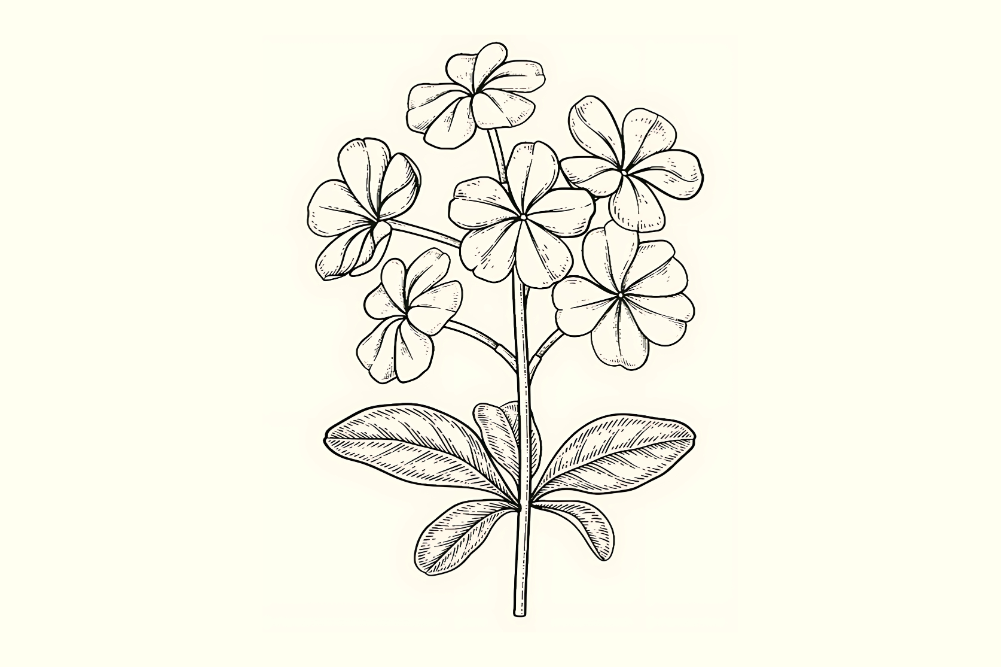Fast fashion faux pas – why sustainable brands are the way forward for a better planet
According to The University of Queensland, fast fashion is one of the biggest contributors to pollution in the world, second only to oil. It is not a statistic fast fashion retailers would want to you to know and with these retailers growing by 9.7% between 2010 – 2015, the impact this will have on our planet is greatly concerning.
In an effort combat the rise of the fast fashion industry, brands such as Levi’s® have made a pact to change clothing manufacturing for good. We take a look at the specific sustainability efforts Levi’s® has implemented to conserve our environment and why the timeless appeal of their 501® jeans has continued throughout the decades, proving to be a valued staple for many generations.
What is fast fashion?
The term refers to the mass and cheap production of garments and they are usually cheaply priced at the checkout. They often emulate current fashion trends and get quickly pumped through the stores to take advantage of what trending on the catwalk at any given time. In Australia, 85% of the textiles we buy end up in landfill each year making us the second largest consumer of textiles in the world.
The environmental impact
The sad cycle lies in that consumers purchase a garment before wearing it a couple of times and deciding at that point that the garment is no longer ‘in fashion’ so they discard it in the bin. The cycle then happens again and again.
The negative impact on our planet is evident by the depletion in non-renewable resources, the emission of huge quantities of greenhouses gases and using massive quantities of energy, chemicals and water. The synthetic fibres often favoured by fast fashion brands, such as polyester, nylon and acrylic, are a kind of plastic made from petroleum, which means they could take up to a thousand years to biodegrade.
Making a positive change
Levi’s® is on a mission to create the styles their consumers love, but doing so in a way that respects our planet. Their mantra is “Buy better. Wear longer,” which encompasses their aim to make products that are sourced in better ways, from better materials and crafted to the highest quality so they are durable and withstand the test of time.
With sustainability woven into everything they do, Levi’s® has made some notable progress including:
- 5 billion litres of water being re-used and recycled.
- 75% of their cotton now comes from sustainable sources.
- More than 65% of products being made in factories that run their worker wellbeing program.
Levi’s® has also been transparent about their goals, aiming to achieve the following targets over the next few years:
- 100% sustainably sourced cotton by 2025.
- 100% renewable electricity in owned and operated factories by 2025.
- 40% reduction in greenhouse gas emissions within their supply chain.
- 50% reduction of water use in manufacturing in water-stressed areas by 2030.
Marvellous materials
- Cottonised hemp
Levi’s® uses a lot of cottonised hemp because it grows faster and uses less water than traditional cotton. It also leaves behind healthier and cleaner soil. This innovative hemp yarn was designed specifically for Levi’s® so the authentic Levi’s® look and feel is not compromised, but its production will be better for the environment. - TENCEL™
This is a soft fibre made from sustainably harvested wood from fast-growing trees such as eucalyptus or spruce. The trees are grown in responsibly managed forests, supporting local habitats and promoting biodiversity. - Sustainable cotton
Their organic cotton uses less water, no toxic chemicals and leaves a healthier surrounding overall. Levi’s® support of sustainable cotton farming teaches millions of farmers better farming practices, learning to grow more while using less resources, resulting in an increase in pay.
Timeless pieces
The hallmark of every fashion label is to create timeless garments that withstand the test of time not only in the sense of durability, but also in terms of style. Levi’s® 501® jeans have proven to be an iconic staple which are now celebrating 150 years. With slight iterations over the decades, consumers have found creative ways to make this iconic piece an expression of their personality. Enduring style is a small piece in a larger puzzle where one’s originality has a chance to shine. With such sentimentality underpinning 501® jeans, it comes as no surprise that they are a much-loved item, worn and kept for years on end.
As Levi’s® has demonstrated through their sustainability efforts, encouraging the wear of iconic garments for longer periods of time is one of the ways fashion brands can contribute to the health of our planet. Prolonged wear results in less textiles ending up in landfill and less pollution overall. Partnering with op shops and upcycling programs also extends the use of clothing, giving them a new lease on life to be worn and loved for many more years to come. For more information, head to https://www.levis.com.au/







